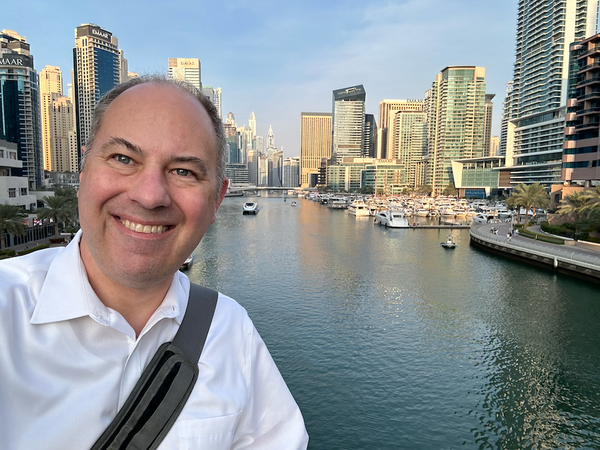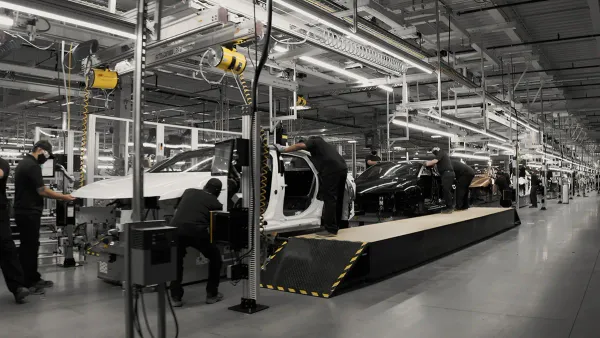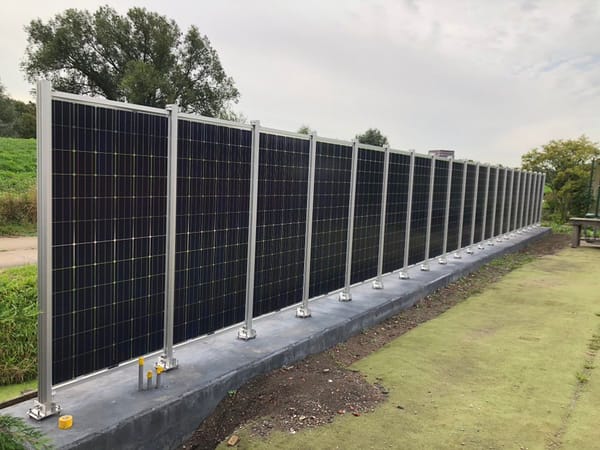Report from Dubai: Three big items for the ministers
Good evening from Dubai,
Yesterday was a rest day, so it seemed like so much happened today to make up for it. As a result, I’ve got a super long report. So, buckle in.
Also, if you like what you read here, please tell someone. Word of mouth is how I grow this newsletter. Thank you for your kind words.
-Mike
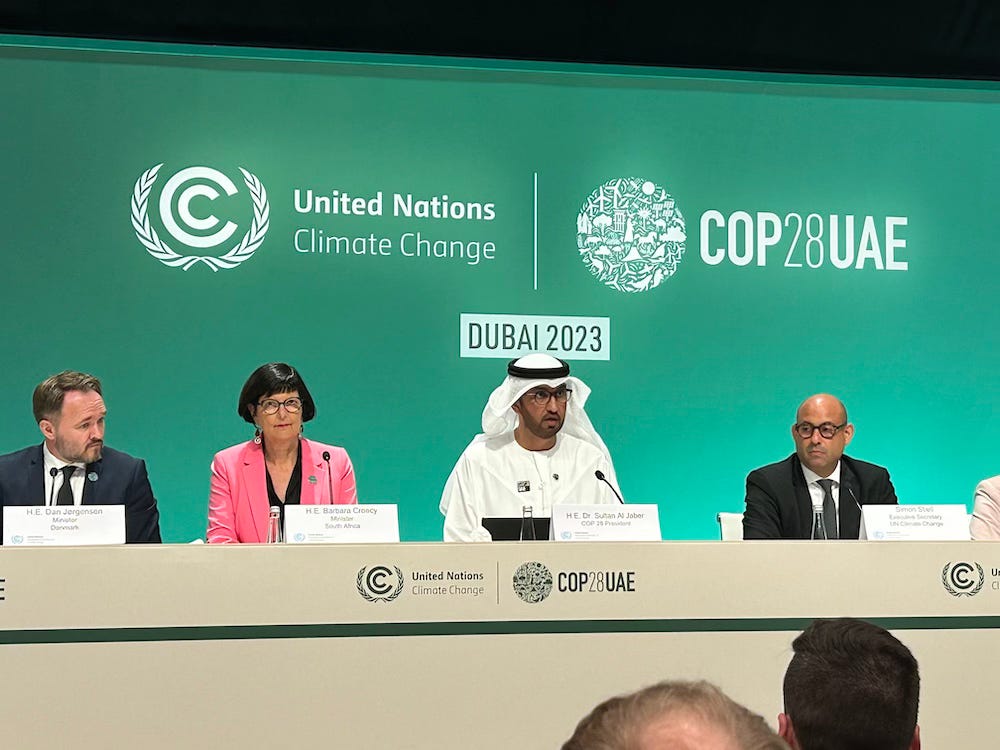
What happened today
The second week of COP, “ministerial week” beginning today, is meant to be more political and hopefully more decisive, as discussion over texts moves from the oversight of the technical members of delegations to the ministers and heads of delegations from each country. Ideally, the technical negotiations have either come to a consensus (rare) or crafted well-worded alternatives that tee up constructive discussions among the ministers.
It's important to keep in mind that most of what discussed at COP are not legally binding treaties, but instead statements that each country is supposed to enact as policy. For instance, if a COP text said “countries will ban bologna sandwiches”, everyone would expect the U.S. to enact a baloney ban. But! If the U.S. didn’t actually enact such a ban, there wouldn’t be any real penalty other than the rest of the world getting mad at the U.S.
On the face of things, that doesn’t seem like such a big deal. But openly flaunting a U.N. baloney agreement tends to tick world leaders off. If you negotiate in good faith, knowing that we’re all supposed to hold hands and do it, and then you don’t, well then why should any ever negotiate with you on anything?
So, outright flaunting agreements isn’t common. More often, countries just drag their feet on fulfilling promises.
Negotiators are acutely aware of that possibility, especially when bigger countries complain more. The disaster of the Kyoto Accords, a system of climate mandates, which everyone in the world ratified except the United States, still haunts the COP halls. Negotiators are keen to ensure that they not only get an agreement through, but that they get something through that is likely to be enacted worldwide.
This makes for very tricky discussions.
Also, around this time, negotiators begin to make side bets on how long the conference will last. It’s supposed to end on December 12, but almost every meeting has gone over. Sometimes just by a day, sometimes three or more days.
One experienced COP attendee told me she thought the pressure on the UAE presidency to deliver a “successful COP” is intense, and that they will do everything they can do to gavel out by the 12th.
Others have suggested that the distance between negotiators on certain items is so wide that COP28 is likely to last for days more than usual.
Personally, I’d like to see an end by the 13th, since my flight out is on the 14th. I can’t stay later since I have to get home for my son’s birthday party and my nephew’s baptism.
Some big issues
Right now, there are three texts I’m watching closely, as we enter week two. Let me give you a brief overview of the issues, each of which could have a significant impact on the global economy.
The Global Stocktake
This is the blockbuster of the various texts working their way through Dubai. The Global Stocktake is an every-five-years U.N.-mandated review of where the world stands on climate. This year was the first year it was conducted, with a finding that the world is on track to warm almost 3°C by 2050, so there is an expectation of a big response to bring the world back under 1.5°C.
The trouble is that “there’s not much space” to get that done, as Norwegian Foreign Minister Espen Barth Eide said today. As a result, the Global Stocktake text has become a grab bag for a wide variety of solutions, many of which are highly controversial among the countries.
One major issue that could crash the entire process is the fight over a “phase down” or “phase out” of fossil fuels. At the moment the draft text uses “phase out”, and not “phase down”, but one version states “phasing out unabated fossil fuels”.
Activists argue phase out is the key to keeping the world under 1.5°C, but to keep under that line, the world must cut all fossil fuel use by 43% by 2030 – a staggeringly large goal that seems almost impossible to imagine without massive economic change. Even today, renewable energy supply chains are groaning under current demand. In addition, since the average renewable project earns a 6% return on investment, it seems hard to believe investors will commit the trillions of dollars needed to fund these projects.
Meanwhile, countries like China, India, and Saudi Arabia have been actively lobbying against any mention of “phase out.” The European Union, as they restated in a press conference Wednesday, has been pushing for a full phase out. Even John Kerry, the U.S.’s Chief Climate Envoy, said on Wednesday, “If you’re going to reduce the emissions, and hit the target, you’re going to have to do some phasing out.”
Exactly how a phase out gets done is the question. The word “abated” keeps floating around –Kerry himself kept using it before COP28. But activists are concerned that word could render phase out language moot.
“There is no agreed definition of that word ‘abated’”, said David Tong from Oil Change International on Tuesday. “If that word gets into the text, it’s the Wild West.”
The second major issue in the Stocktake text is a pushback by China and developing countries against proposed European Union rules for a carbon trade tariff against products coming into Europe. The proposed EU rule, the Carbon Border Adjustment Mechanism (CBAM), would place a tariff on products entering the EU that have not paid the same level of carbon taxes already established within the Union.
China and developing countries argue that free trade is a basic element of the Paris Agreement and that carbon taxes should be determined through a multilateral, global process. But really, they’re upset that the EU will tax their products, reducing trade – it has almost nothing to do with saving the planet.
Still, the language China is proposing for the Stocktake text essentially opposes the EU’s proposed CBAM rule. The Europeans are doubly upset because first, it attacks their sovereignty, but it also attacks a measure the EU expects to force countries to decrease their carbon use. As a result, this has become somewhat of diplomatic showdown.
Carbon credit trading rules
Last month a pre-COP negotiating group, called a “subsidiary body”, released a long list of proposed rules for international carbon credit trading. Carbon trading exists right now, but either within national borders, or on an informal basis without rules on how to determine their validity.
I won’t get into the complications of carbon credit trading, but put simply, you need rules to determine what constitutes a credit, who can verify it, and how contracts for credits are honored if things go wrong. Without commonly agreed on rules, individual groups of countries could trade credits, but it’s almost impossible to create a fluid, liquid market for credits if everyone is playing by different rules. There are voluntary markets trading credits right now, but those have been scandal-ridden, as a series of reports from The Guardian have unraveled voluntary carbon credit markets.
The Paris Agreement’s Article 6 establishes that there would be carbon credit trading, but the rules for doing so haven’t been created yet – and that’s what negotiators are haggling over now. Countries are hoping for a 2025 implementation of those rules. Last year negotiators failed to pass rules and now they’re making one more big push on two sections, Paragraph 6.2, which sets some broad standards for country-to-country carbon trading agreements, and Paragraph 6.4, which sets standards to create an international market the private market could use.
The original intention of 6.2 was to allow countries to do deals like, “Hey, I’m the U.S., and I need to reduce my carbon profile. Can I do a deal on credits for your forests, Cameroon?” While 6.4 was meant to create a world-changing trading system that would set standards for private companies to start selling credits to anyone that wants them, from BASF to U.S. Steel.
The possibilities 6.4 could bring if well implemented are truly awesome. Dirty, but rich companies could abate their carbon profile by paying for the safety of entire tropical rainforests. Individual families could buy carbon abatement before jumping on a trans-oceanic flight. Depending on demand, credit value could increase or decrease, creating an entirely new kind of carbon market.
This. Is. Big.
But the gears of progress have been jammed in 6.4 over the question of “what is carbon avoidance?” and thus eligible to be a credit. Rainforest countries obviously want trees to be considered reduction. Climate activists – and some European countries – argue that standing trees are gonna tree no matter what. “Reduction” needs to be planting new trees, pulling carbon out of the air, or employing various efficiency methods. The U.S. and Rain Forest Nations are on the other side arguing that if forests don’t qualify as carbon credits, they’ll get chopped down.
In this we have an intractable disagreement. The pressure is on, because negotiators worry that if 6.4 isn’t passed this year, it’ll never get passed. Instead, countries like the U.S. will use 6.2 rules to create a bunch of bilateral carbon trade agreements, and the world’s carbon trading will go to hell in a handbasket.
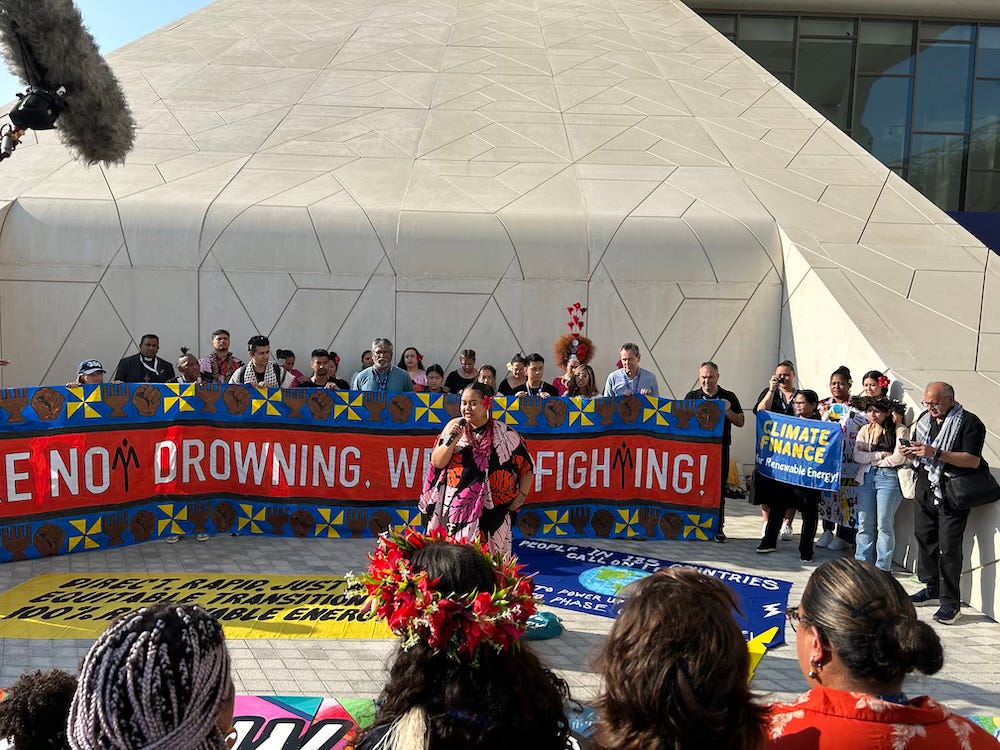
Global Goal on Adaptation
The Paris Agreement committed signatories to two major climate actions: Mitigation, which largely includes cutting emissions, and Adaptation, which is about preparing for and dealing with the impacts of climate change.
Developing countries are concerned that adaptation is getting short shrift. As the world’s attention goes to emissions cuts, the developing world remains unprepared for climate disasters. For instance: Africa lacks a well-developed weather tracking system, so it is hard to make predictive regional weather models that can warn residents that a storm will impact their area.
Only $21 billion was devoted to preparing for climate change in 2021, while a U.N. report estimates $400 billion a year is needed. Two years ago, at COP26 in Glasgow, countries agreed to double spending from $20 billion a year to $40 billion a year by 2025. This year developing countries – in particular African countries – are pushing hard for a statement calling for a re-doubling of funding in the text on the Global Goal on Adaptation, to $80 billion a year, and yet still much less than needed.
Observers tell me the U.S. in particular is resisting the demand, arguing that there’s only so much the developed world can do, in light of the creation of the Loss and Damage Fund (the U.S. has only committed $17.5 million so far). Developing countries see this as a make or break issue, observers tell me, and are pushing it to the ministers to make a political point – or maybe get some more money, if not $80 billion.
One more thing: Where’s COP29 gonna be?
The COP meetings rotate between different world regions and it’s supposed to be next in Europe. But Russia is opposing hosting the meeting in any country that opposes its war in Ukraine. Because all UN decisions must be consensual, the number of possible European countries has been narrowed down a bit. Proposing to host the meeting? Bulgaria, Moldova, Azerbaijan, and possibly Serbia.
None of those countries have cities that could take on a 100,000 person meeting – as this year’s meeting was, or likely even a 35,000 person meeting, as the 2021 meeting in Glasgow was (and many attendees complained of how overwhelmed Glasgow seemed to be by the meeting).
Yet, Armenia released a statement yesterday saying they supported the Azeri proposal – an incredible thing, since the two countries were at war just three months ago. Unless there’s some other intrigue, it seems like next year’s meeting will be in Baku, home of yet another oil state.
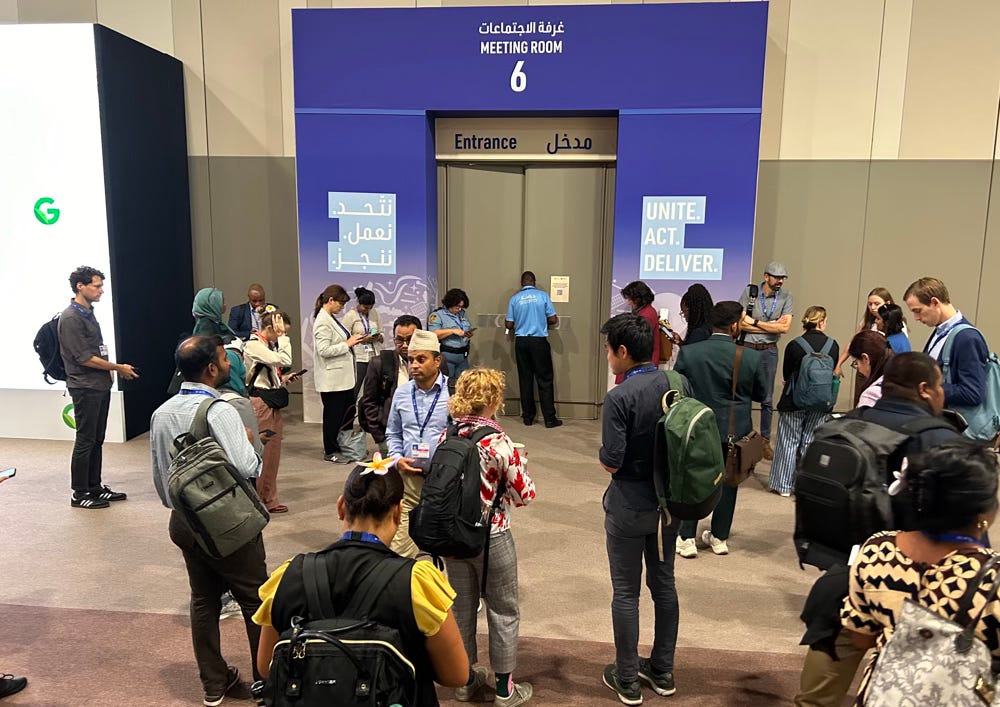
What I did today
I spent most of my day talking to negotiations observers, trying to get a sense of the biggest barriers in negotiations – and to hear what they think of the meetings. A number of them were Youth Observers, part of a major recognition by COP that younger people will have to deal with the consequences of climate. These are remarkable young people – all under 25, and some in their teens – who seemed to have very sophisticated insight to the process.
I also learned a new word, “youthwashing”, the process of pretending to listen to youth perspectives, but ultimately ignoring them in the real political process. A number of youth observers told me they are encountering this very real flexing of political muscle by negotiators.
Such is politics, no matter where you are in the world.


